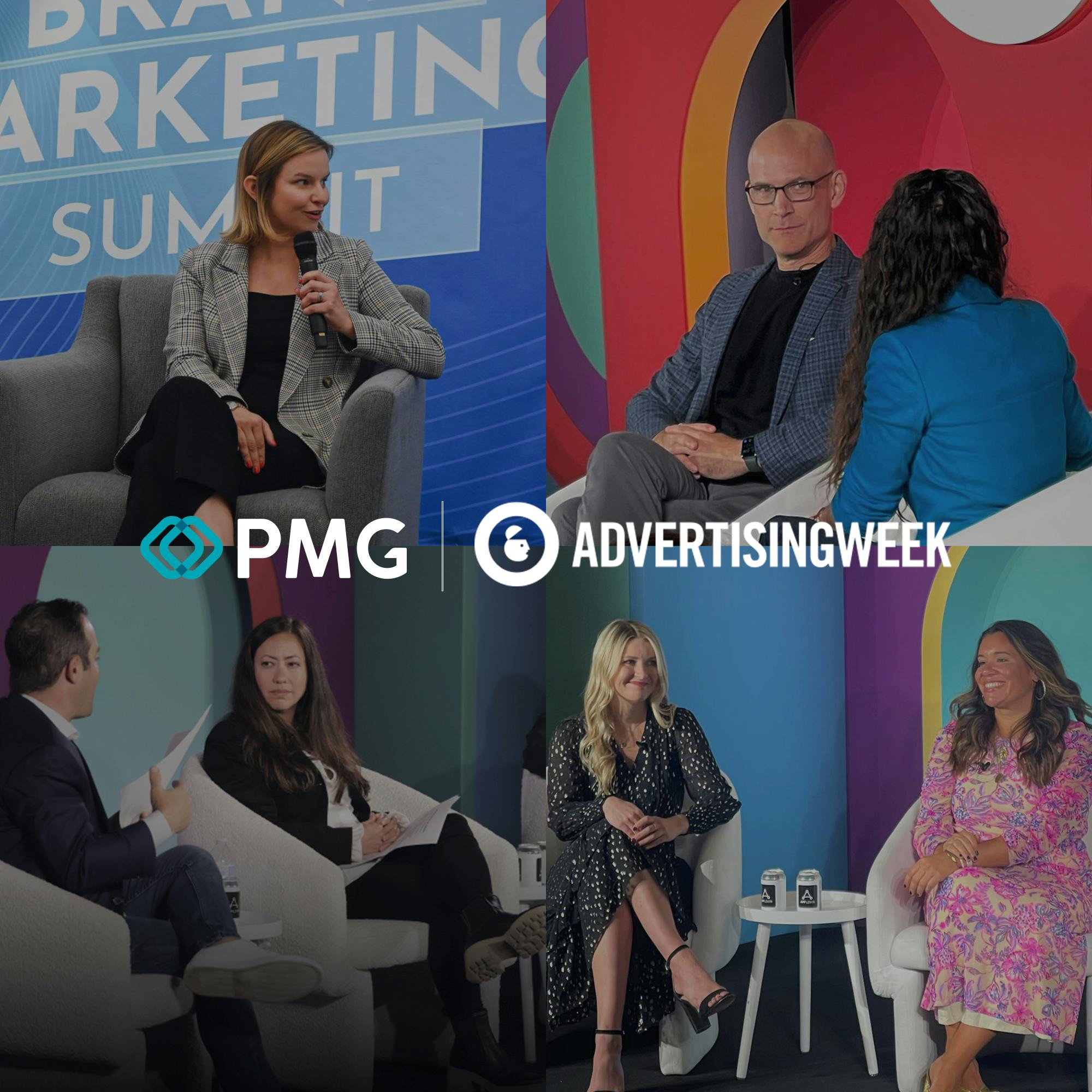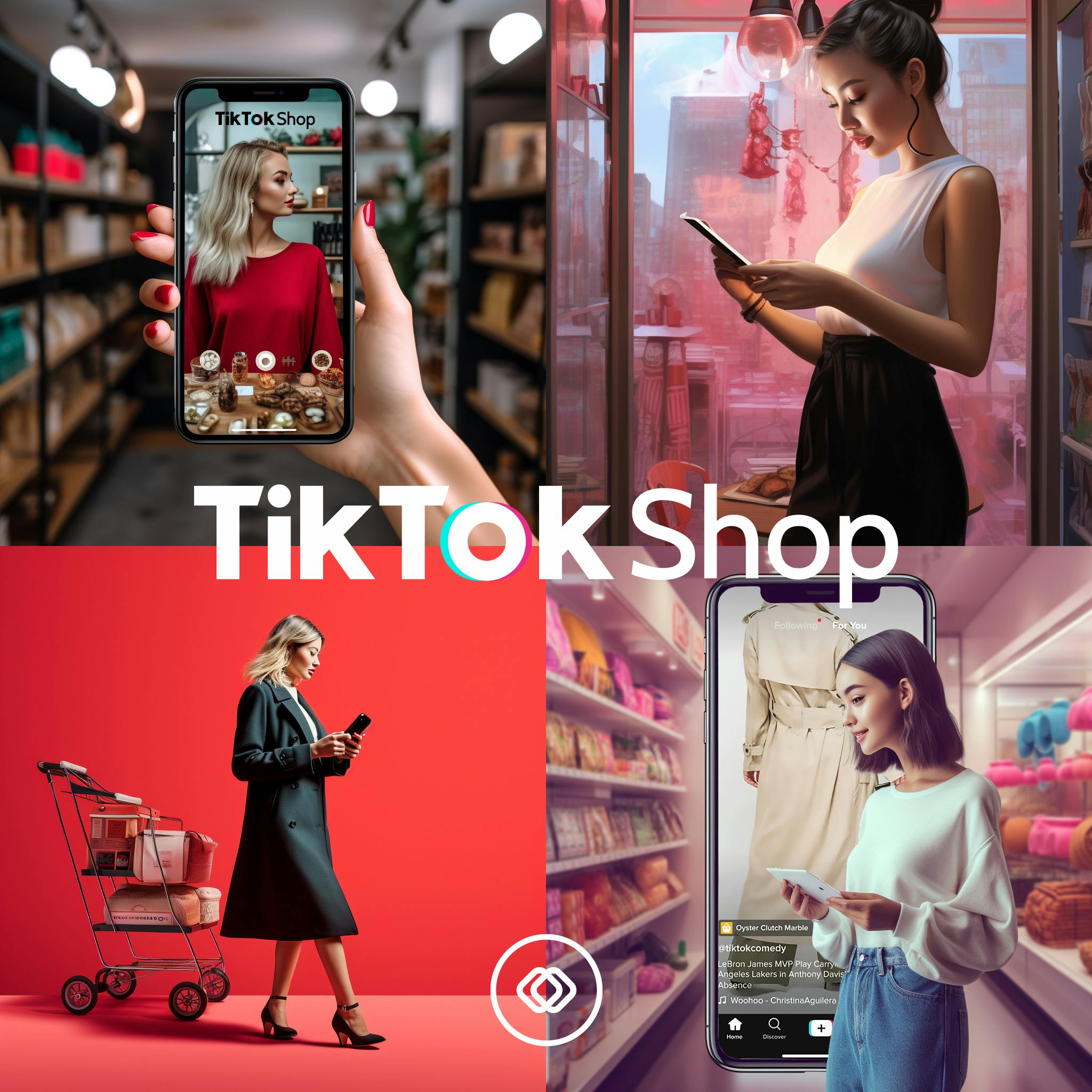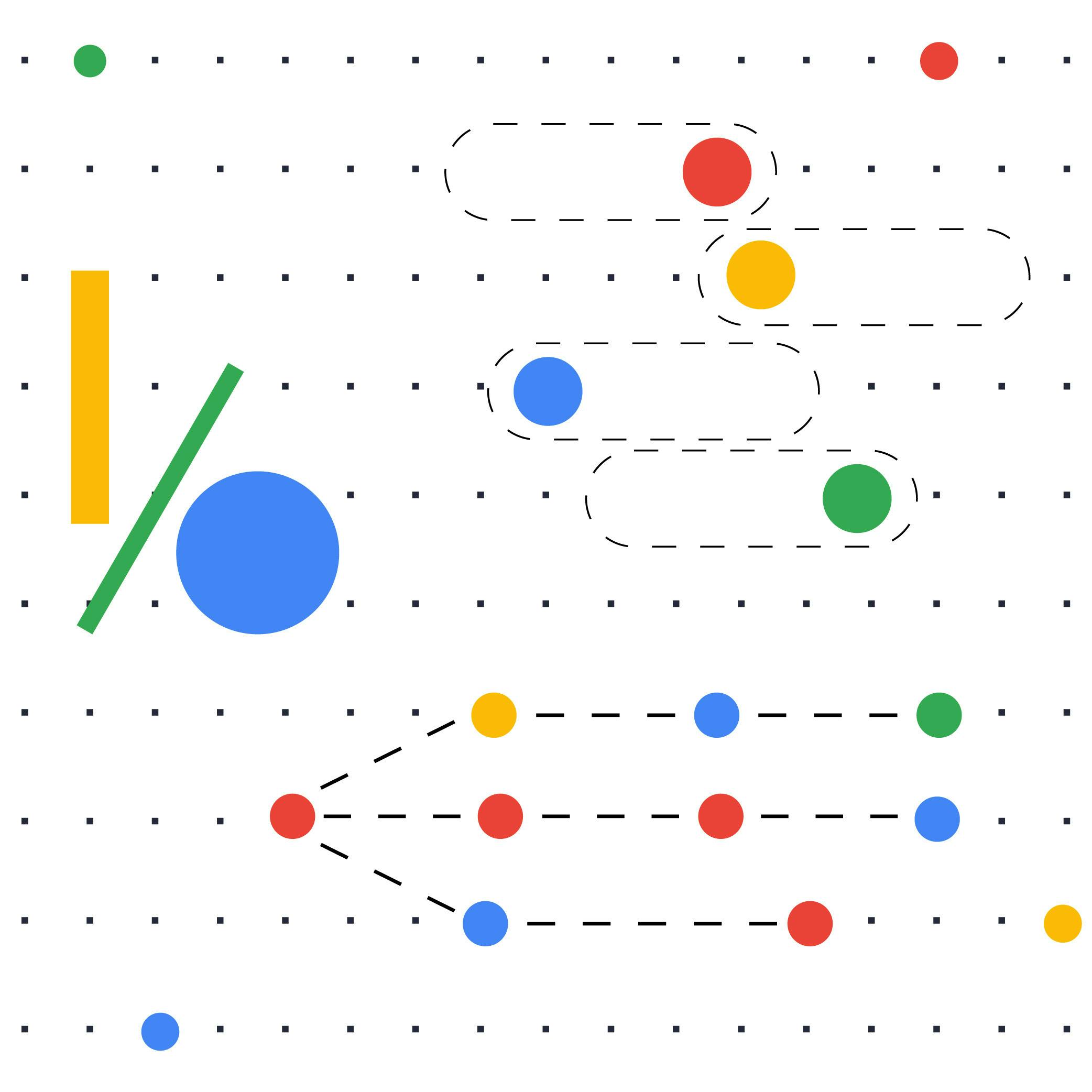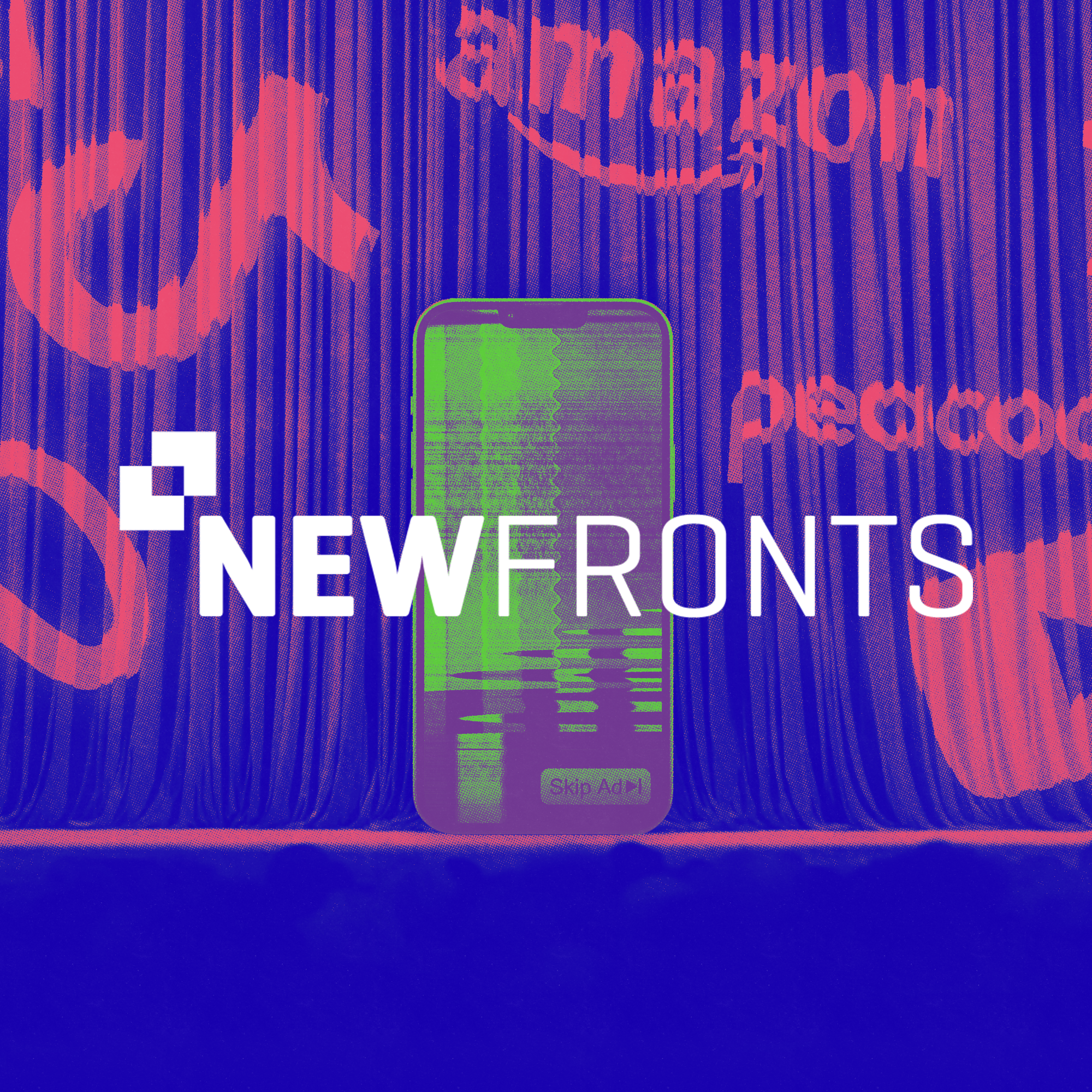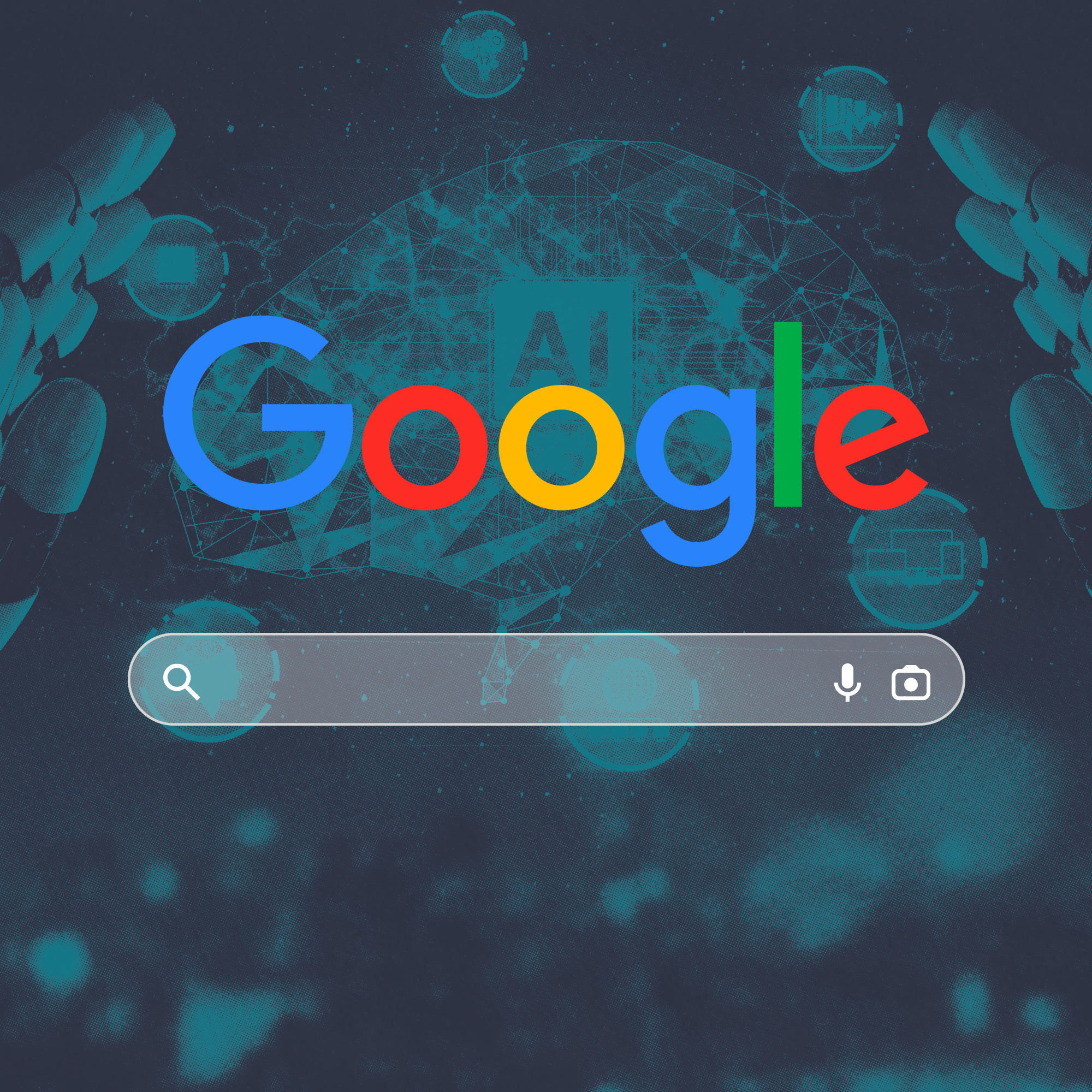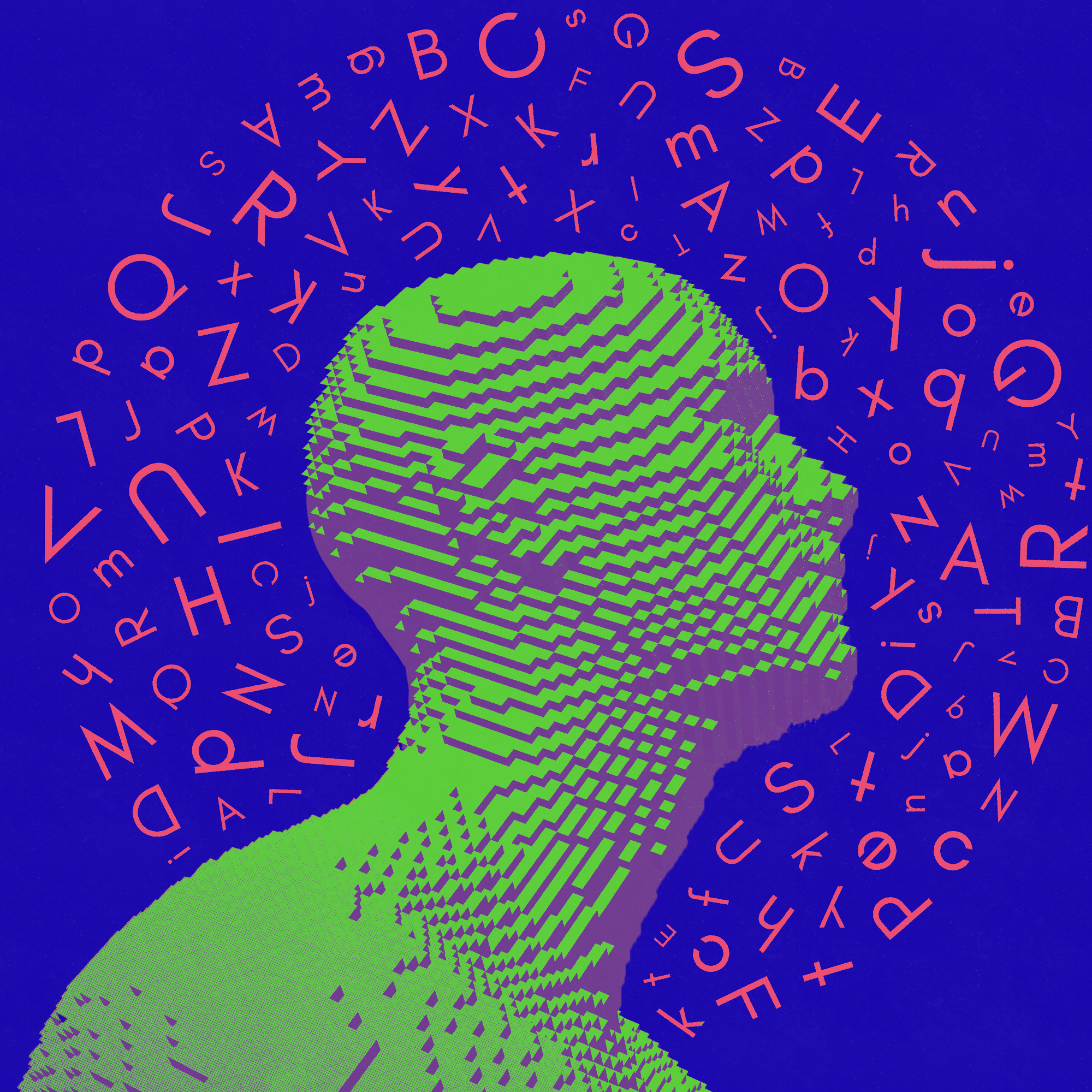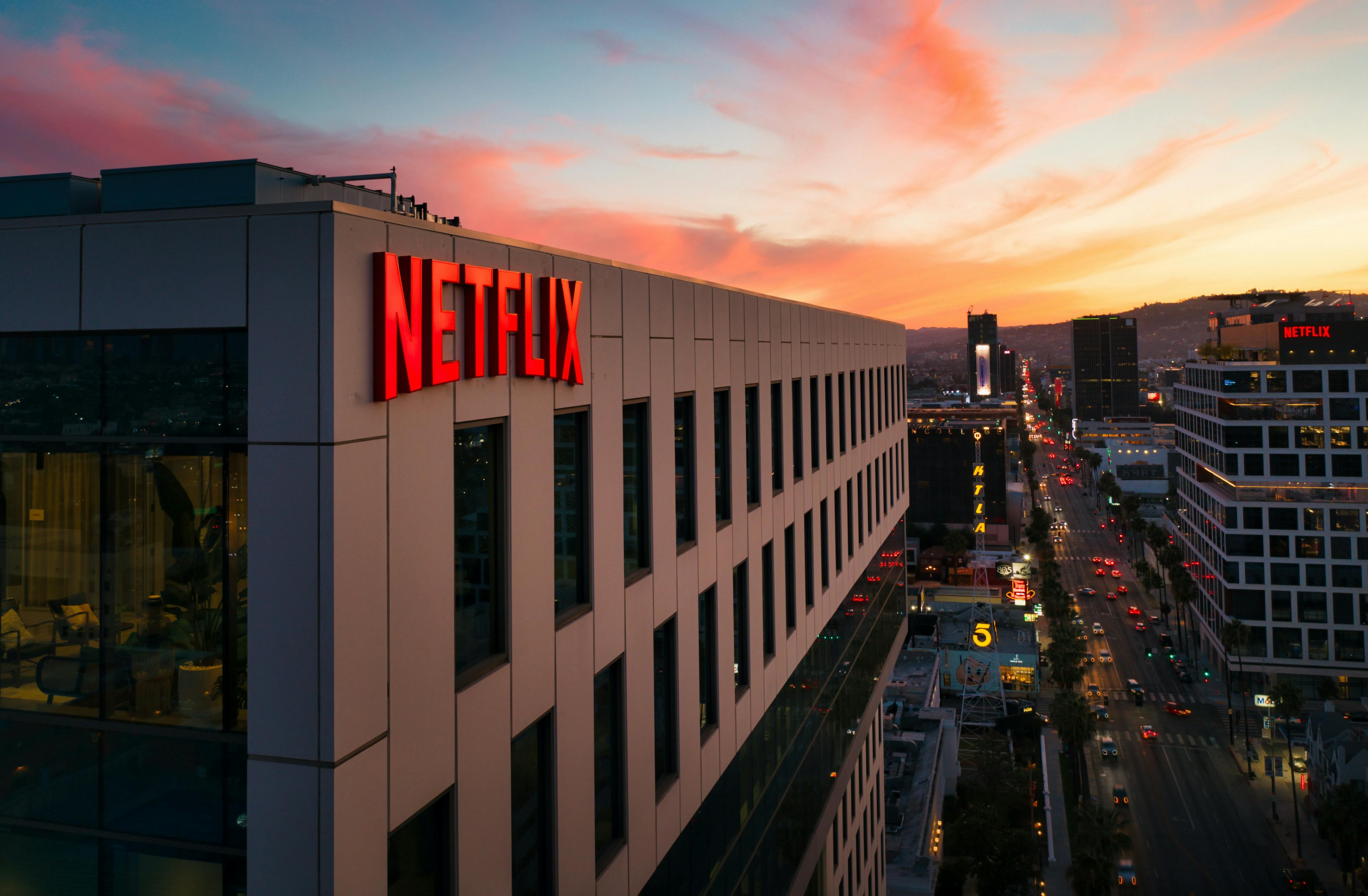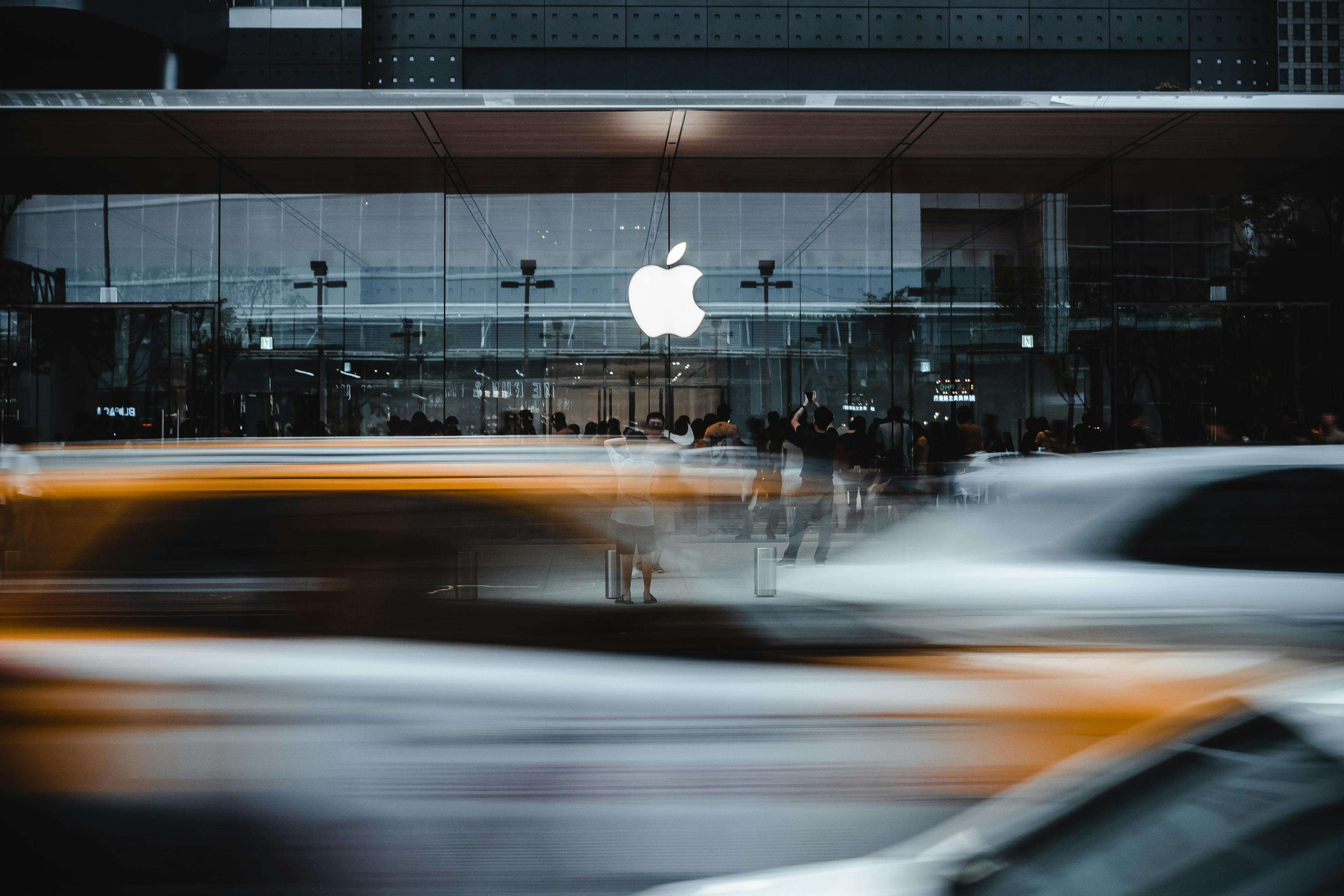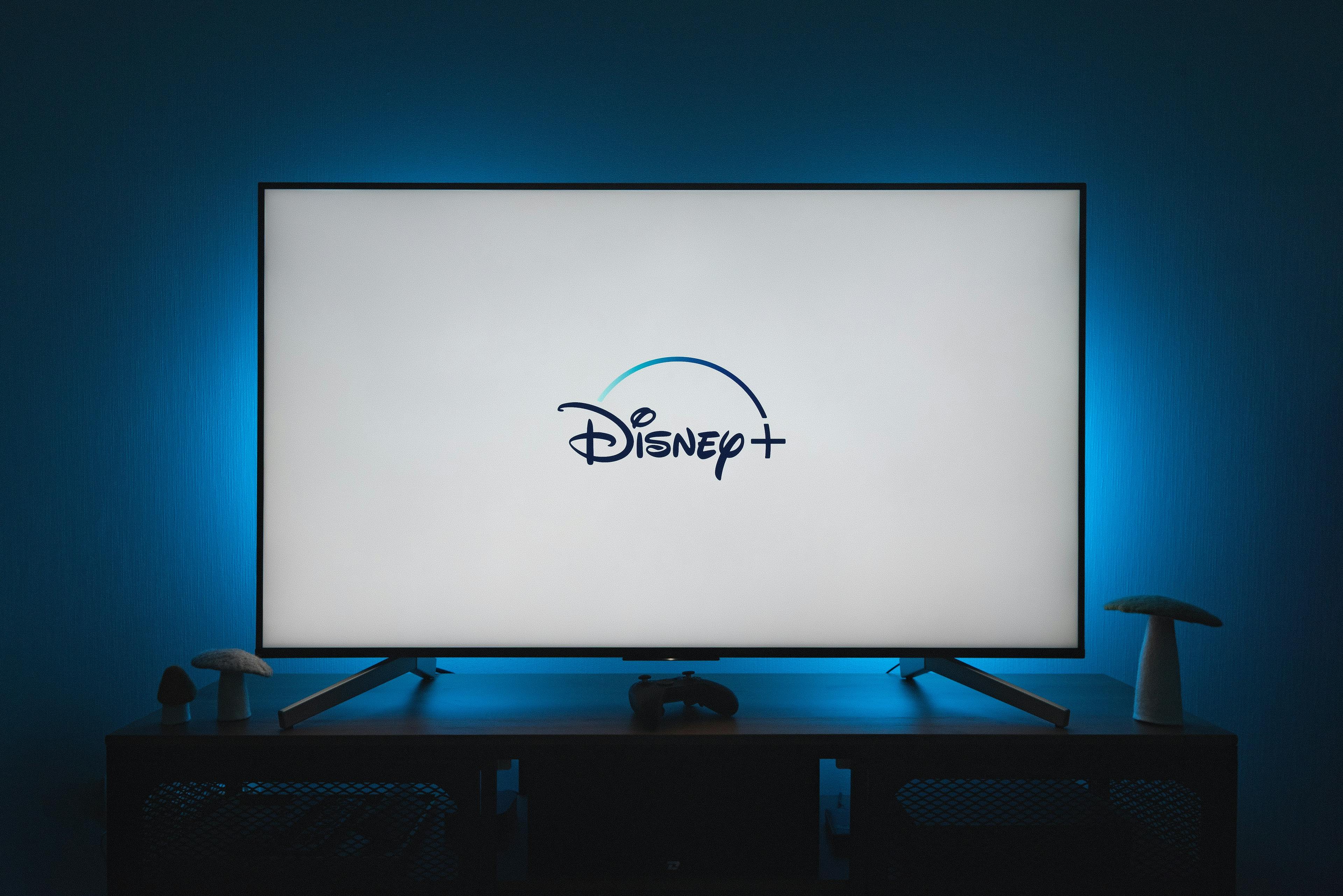Accessibility Tools
PMG Digital Made for Humans
Google, Microsoft Bet Big on Generative AI Integrations
3 MINUTE READ | February 10, 2023
Google, Microsoft Bet Big on Generative AI Integrations
Abby Long, Senior Managing Editor
Abby manages PMG's editorial thought leadership program. As a writer, editor, and marketing communications strategist with over a decade of experience, Abby's work in showcasing PMG’s unique expertise through POVs, research reports, and thought leadership regularly informs business strategy and media investments for some of the most iconic brands in the world. Named among the AAF Dallas 32 Under 32, her expertise in advertising, media strategy, and consumer trends has been featured in Ad Age, Business Insider, Digiday, and The New York Times. She holds a Master's in Liberal Arts from Texas Christian University.
To help marketers better navigate the emerging trend of using generative AI, this week PMG released a new POV, where we explore the current landscape and how marketers can lean in and test generative AI tools to better understand their capabilities and potential limitations.
Recent weeks have seen artificial intelligence shift to the forefront of the tech and digital ecosystem as generative AI captures the imagination of nearly everyone, from business leaders and policymakers to marketers and technologists. The latest generation of AI apps like ChatGPT signal a new era in artificial intelligence, with both Google and Microsoft throwing their hats in the ring this week with groundbreaking product announcements.
Earlier this week, Google announced Bard, a new experimental generative AI search and discovery product, is on the horizon for the search giant. According to the blog post announcement, “Bard seeks to combine the breadth of the world’s knowledge with the power, intelligence, and creativity of [Google’s] large language models. It draws on information from the web to provide fresh, high-quality responses.” Bard will soon integrate into Google Search, with AI features directly located on the search results page to help users “distill complex information and multiple perspectives into easy-to-digest formats.”
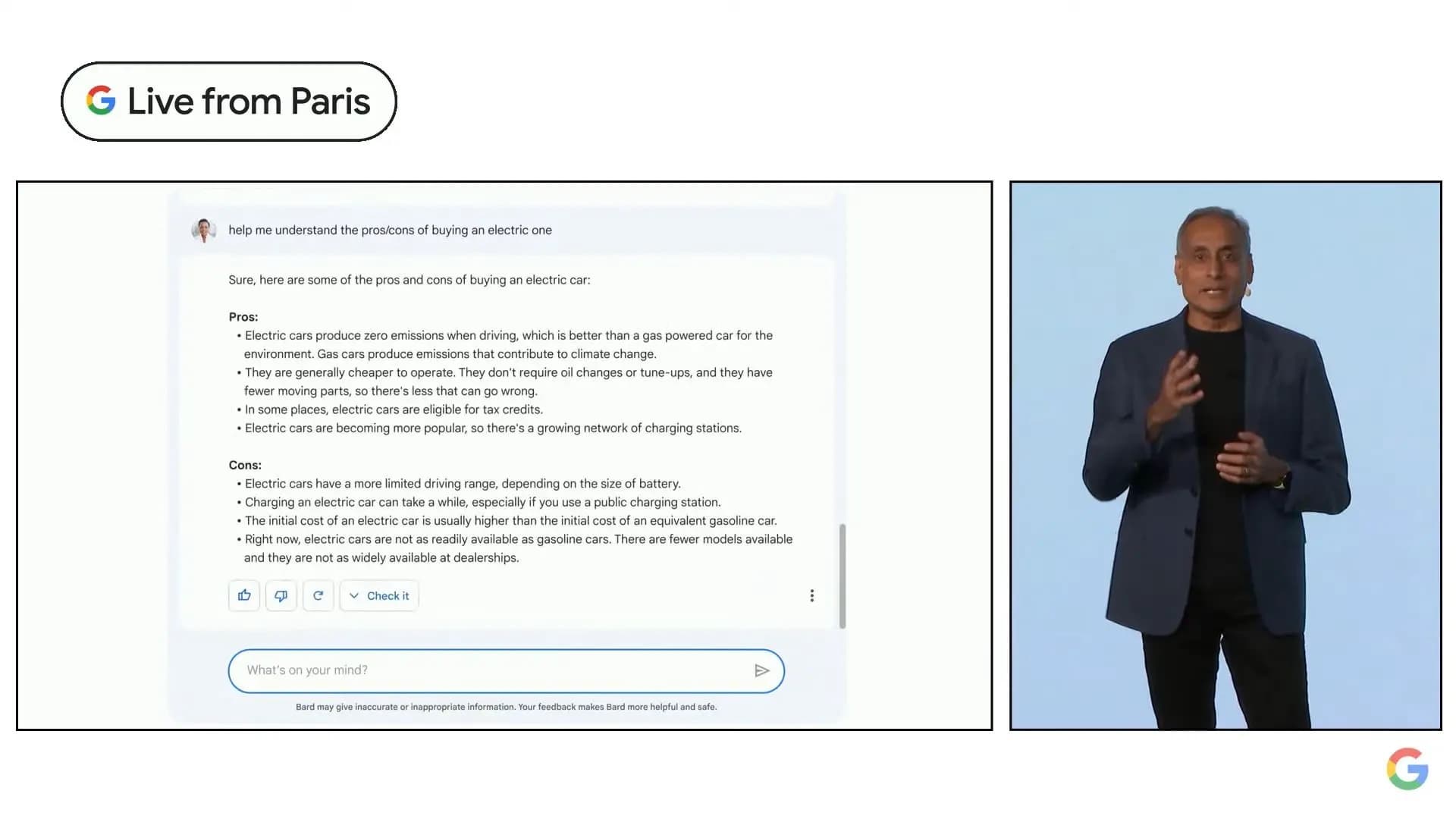
At a livestreamed event in Paris on Wednesday, Google executives demoed the company’s latest advancements in AI across Search, Maps, and Translate while also previewing a few examples of its conversational generative AI technology. “New generative AI features will help us organize complex information and multiple viewpoints right in search results,” said Google SVP Prabhakar Raghavan at the livestreamed event. “With this, you’ll be able to quickly understand the big picture and then go on to explore different angles.”
In a promotional video touting the conversational abilities of Google’s Bard, the generative AI tech is seen responding to a query with an incorrect description of historical information. Google immediately addressed the error in a statement, saying, “this highlights the importance of a rigorous testing process, something that we’re kicking off this week with our Trusted Tester program. [Google will] combine external feedback with…internal testing to make sure Bard’s responses meet a high bar for quality, safety, and groundedness in real-world information.”
Google’s Bard has entered a closed beta with researchers and developers and will become more widely available to the public in the coming weeks.
“It’s a new day for search,” said Microsoft CEO Satya Nadella in the announcement that the company would be rolling out an all-new, AI-powered Bing search engine and Edge browser “to drive better search, more complete answers, a new chat experience and the ability to generate content.” Powering these advancements is the integration of OpenAI’s GPT-4 model into the Bing search experience.
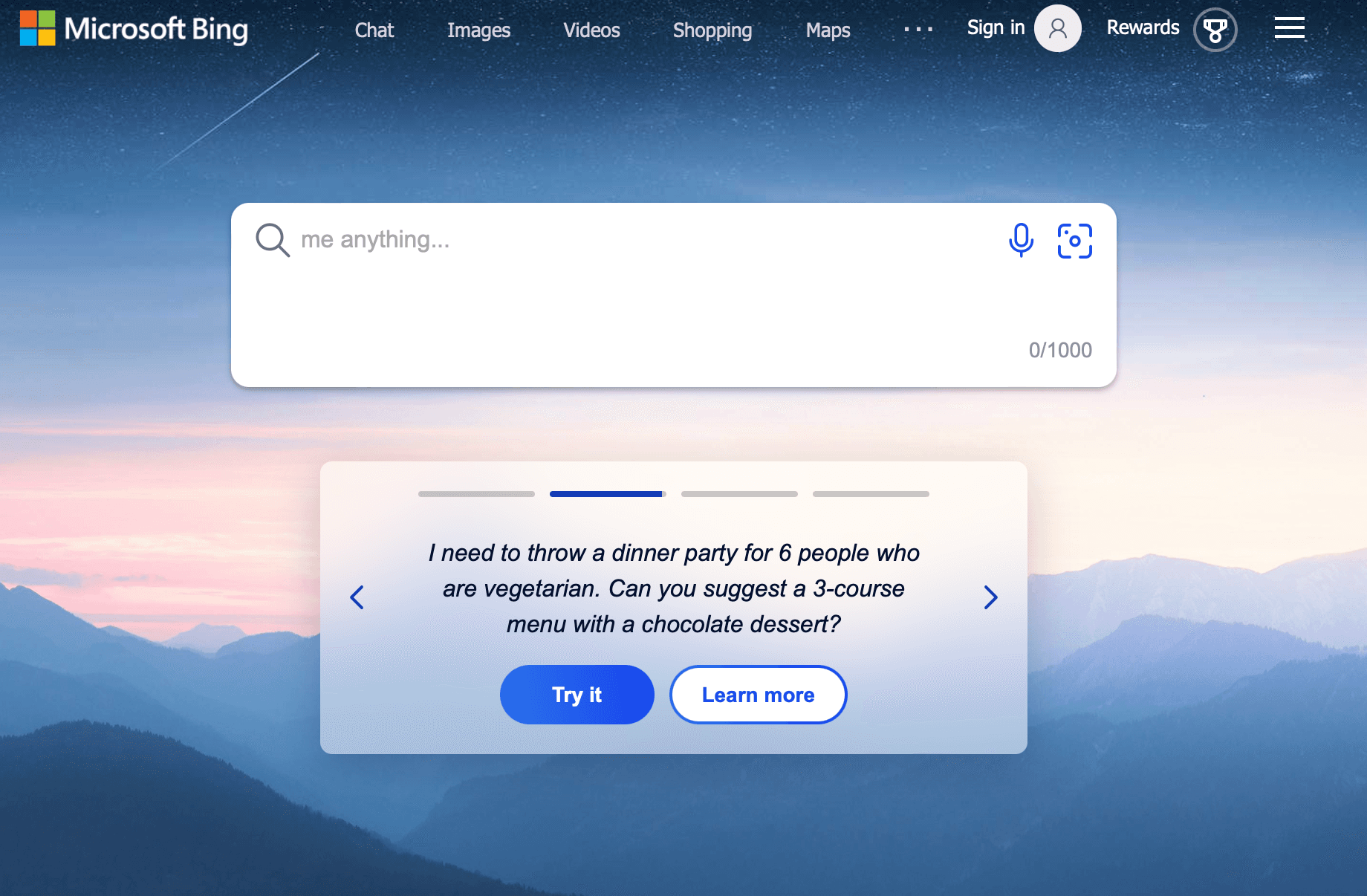
The new AI tool will display GPT-based results in a box on the right side of the search results page, appearing when a user searches for information on Bing that the model can respond to. Referred to as an AI copilot, these generative AI tools are available today in a limited preview and will soon be available to all Bing and Edge users in the coming weeks.
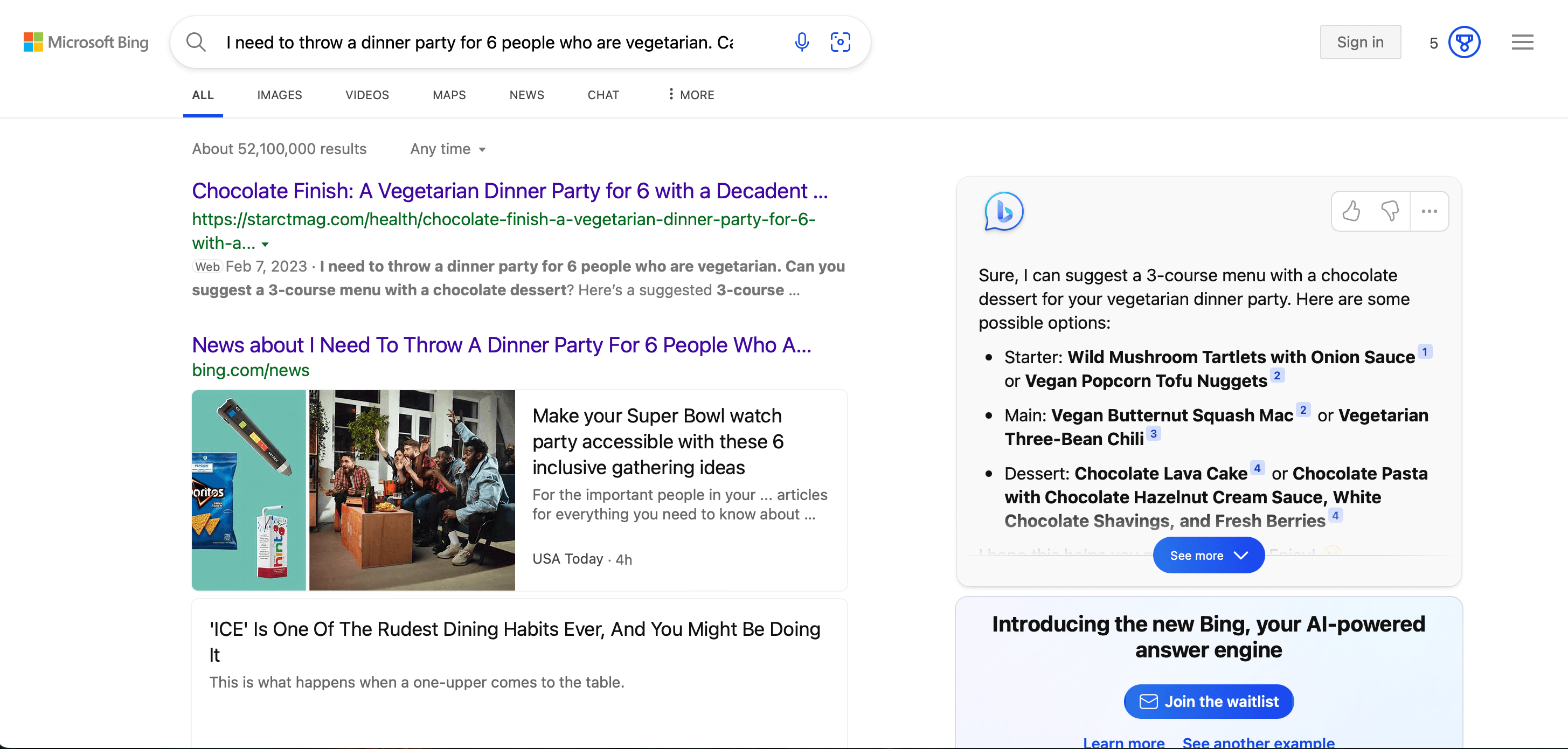
Unlike ChatGPT, Bing will cite its sources, linking to them in a ‘learn more’ section at the end of a query response. One significant difference between the mega-popular ChatGPT and Bing’s similar generative AI search experience is that Bing’s version will be trained with far more up-to-date information and able to respond to queries that are related to recent events, versus ChatGPT, which is trained on information up to 2021. According to the announcement, Microsoft has also “been intentional in implementing safeguards to defend against harmful content” in partnership with OpenAI. Engineering teams have been working to safely address potential issues such as misinformation and disinformation, data safety, content blocking, and more in line with Microsoft’s Responsible AI Principles.
Meanwhile, ChatGPT is said to have passed an impressive milestone, reaching 100 million users since its November 2022 launch. Due to its surge in popularity, the research firm recently rolled out a subscription plan that allows paying subscribers to access ChatGPT even during peak usage or downtimes.
Stay in touch
Bringing news to you
Subscribe to our newsletter
By clicking and subscribing, you agree to our Terms of Service and Privacy Policy
With these advancements, the AI arms race is on as new generative AI applications, regulatory concerns, and partnership innovations continue to make headlines every day.

